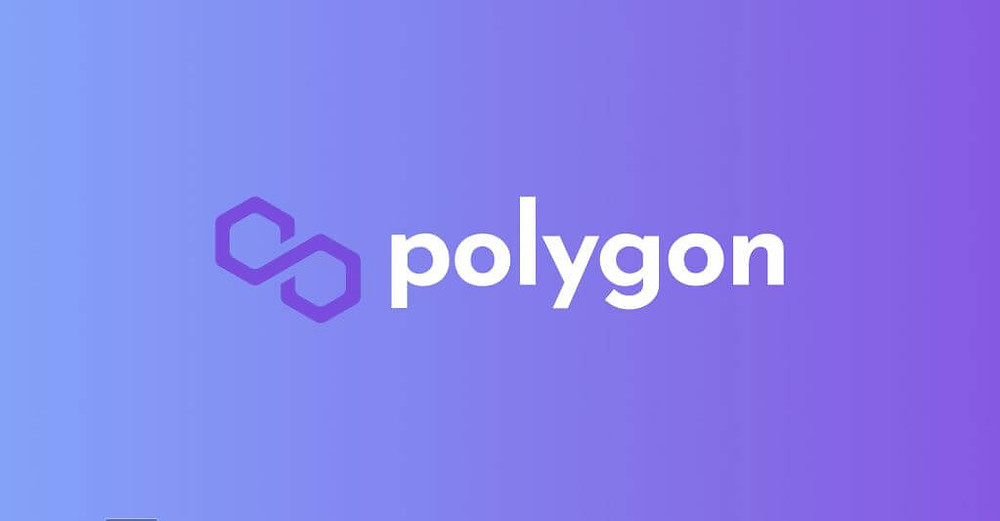On the heels of Ripple’s work with the Colombian Central Bank, research into the developing uses of blockchain technology has become vitally important. Now, Polygon has officially debuted a new open database that hosts blockchain use cases.
The database, called The Value Prop, was announced by Polygon Labs on Thursday. Moreover, it is designed to highlight the various positive use cases of technology throughout the world. Additionally, it is expected to continuously grow as new use cases come to the forefront.


Polygon Unveils Blockchain Use Case Database
Recent regulatory concerns within the industry have certainly hindered its growth. Specifically, the US Securities and Exchange Commission (SEC) has attacked two of the largest cryptocurrency exchanges in the country. Alternatively, amidst a regulatory crackdown, there is an emphasis now, more than ever, on highlighting the positive developments of blockchain technology.
Now, that has come to fruition, as Polygon Labs has debuted a new database hosting blockchain use cases. Indeed, The Value Prop already hosts as many as 39 use cases for the technology. Additionally, alongside its 300 applications, there is an expectation for continued growth.


Coindesk reported that the project was initially conceived as a “Wikipedia for use cases.” Moreover, Polygon Labs Chief Policy Officer, Rebecca Rettig, commented on the development. “This is just the beginning. It’s not like this is going to be a stagnant website,” she stated.
The issue of legislation and regulation makes this development very timely. The promotion of positive use cases in the industry presents a clear collection of data that supports the technology in a positive way. Moreover, its growth should only highlight the necessity of regulating the evolution of the industry.
Rettig noted that the database could slowly shift how officials observe the industry. Specifically, allowing them to see beyond the “sort of crypto casinos” that many regulators understand digital assets as. “It’ll be very useful for policymakers, but there’s also this general feeling, what’s blockchain good for and what problems does it solve,” she stated. “This is hopefully an answer to that in a general way.”





